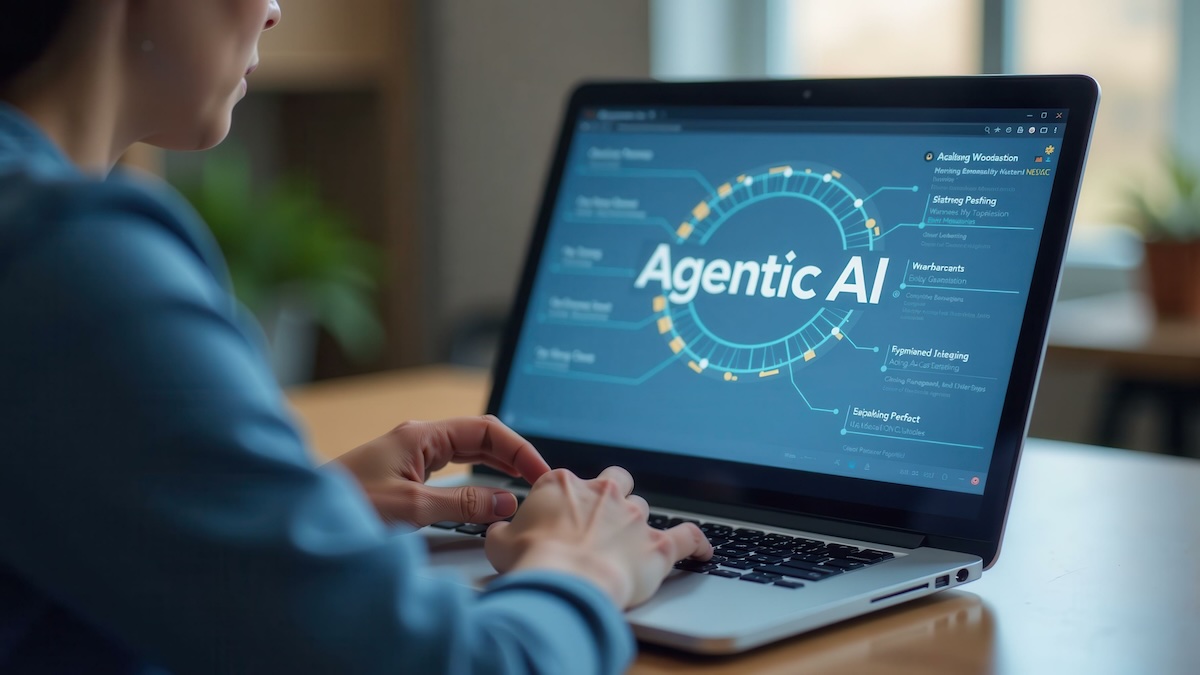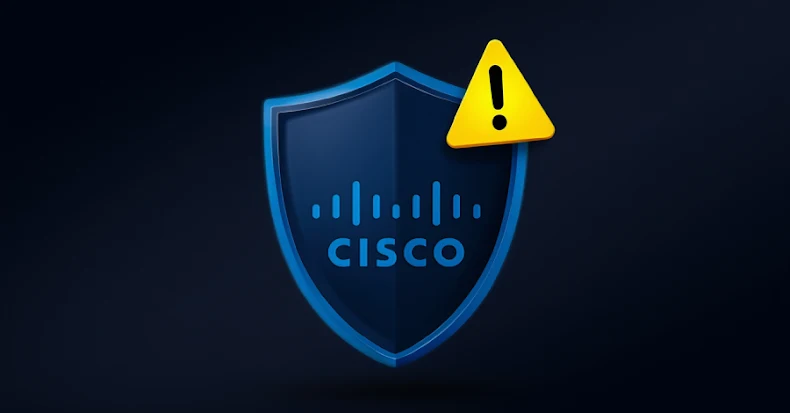The RSA Conference 2025, held in San Francisco, marked a pivotal moment in the evolution of cybersecurity, with Agentic AI emerging as the central theme. This concept, referring to autonomous AI systems capable of making decisions and taking actions independently, dominated discussions, signaling a transformative shift in how security operations are conceptualized and executed.
Understanding Agentic AI
Agentic AI represents a significant advancement beyond traditional AI applications. Unlike generative AI, which focuses on creating content, or synthetic AI, which synthesizes information, agentic AI involves autonomous agents that can observe, reason, and act on live data without human intervention. This autonomy enables these systems to perform complex tasks, adapt to new information, and make decisions in real-time, thereby enhancing the efficiency and effectiveness of security operations.
Agentic AI at the Forefront of RSA Conference 2025
The prominence of agentic AI at the conference was underscored by its frequent mention across various sessions and keynotes. Hugh Thompson, the executive chairman of RSAC, highlighted the significance of agentic AI, noting its potential to revolutionize cybersecurity practices. He emphasized the importance of community, adaptability, and knowledge sharing in the face of rapidly evolving threats, particularly those posed by AI. Thompson encouraged attendees to approach the conference with an open mind, ready to embrace change and innovation. ([itpro.com](https://www.itpro.com/security/live/rsac-conference-2025-live-all-the-latest-news-and-updates?utm_source=openai))
Industry Leaders Embrace Agentic AI
Major technology companies showcased their commitment to integrating agentic AI into their security solutions. Microsoft’s corporate vice president for security, Vasu Jakkal, described agentic AI as one of the most exciting inventions of our time, highlighting its ability to help achieve rapid competency across various domains. Jakkal outlined a timeline for the evolution of autonomous AI in security, predicting that within two years, AI agents will dynamically adjust their own goals to respond to evolving threats with minimal human intervention. ([scworld.com](https://www.scworld.com/news/rsac-2025-keynote-cisco-open-sources-ai-security-tools?utm_source=openai))
Cisco’s Jeetu Patel also addressed the conference, emphasizing the transformative potential of agentic AI in cybersecurity. He cautioned that as agentic AI grows more powerful, security models must evolve alongside it, highlighting the need for dynamic, probabilistic verification mechanisms to keep pace with AI’s rapid advancements. ([scworld.com](https://www.scworld.com/news/rsac-2025-keynote-cisco-open-sources-ai-security-tools?utm_source=openai))
Practical Applications and Innovations
The conference featured numerous announcements and demonstrations of agentic AI applications. Securonix introduced eight new generative AI agents designed to reduce analyst workload by up to 50% in Security Operations Centers (SOCs). These agents streamline detection, investigation, and response processes, forming the foundation for an open agentic mesh—a self-orchestrating interconnected system of agents that allows SOC analysts to focus on critical tasks. ([securityweek.com](https://www.securityweek.com/rsa-conference-2025-announcements-summary-day-2/?utm_source=openai))
Vectra AI unveiled new AI agents aimed at eliminating concerns about missing critical alerts due to noise. These agents function like trained security analysts but operate faster and at scale, increasing productivity and workflow efficiencies within security teams. ([securityweek.com](https://www.securityweek.com/rsa-conference-2025-announcements-summary-day-2/?utm_source=openai))
Wallarm announced Agentic AI Protection, enhancing their platform to secure AI agents against prompt injection, jailbreaks, system prompt retrieval, and agent logic abuse. This development addresses the growing need to safeguard autonomous AI systems from potential vulnerabilities and exploits. ([securityweek.com](https://www.securityweek.com/rsa-conference-2025-announcements-summary-day-1/?utm_source=openai))
Challenges and Considerations
While the potential of agentic AI is vast, it introduces new challenges that must be addressed. The autonomy of these systems requires a rethinking of oversight and governance. Enterprises must design systems with clear boundaries, defining what actions AI can take, when, and how. Transparency, explainability, and human-in-the-loop design are critical safeguards to ensure that autonomous systems operate within acceptable parameters. ([scworld.com](https://www.scworld.com/perspective/agentic-ai-took-over-the-rsa-conference-2025?utm_source=openai))
The cybersecurity sector is also facing challenges with the rise of autonomous AI agents, prompting urgent efforts to manage them similarly to human employees. Without proper safeguards—such as credentialed identities and access controls—AI agents could inadvertently cause data breaches or leak sensitive information. This issue was a key focus at the conference, highlighting the need for robust identity and access management for AI agents. ([axios.com](https://www.axios.com/2025/05/06/ai-agents-identity-security-cyber-threats?utm_source=openai))
The Future of Agentic AI in Cybersecurity
The discussions at RSA Conference 2025 indicate that agentic AI is set to play a central role in the future of cybersecurity. As these systems become more sophisticated, they will be capable of predicting attacks, dynamically adjusting access permissions, and autonomously enforcing security policies. However, this evolution necessitates a parallel advancement in security models to manage the new risks introduced by autonomous AI agents. ([scworld.com](https://www.scworld.com/news/rsac-2025-keynote-cisco-open-sources-ai-security-tools?utm_source=openai))
In conclusion, RSA Conference 2025 highlighted the transformative potential of agentic AI in cybersecurity. While offering significant opportunities for enhancing security operations, it also presents new challenges that require careful consideration and proactive management. The conference underscored the importance of collaboration, adaptability, and continuous learning in navigating the rapidly evolving landscape of cybersecurity in the age of autonomous AI.



